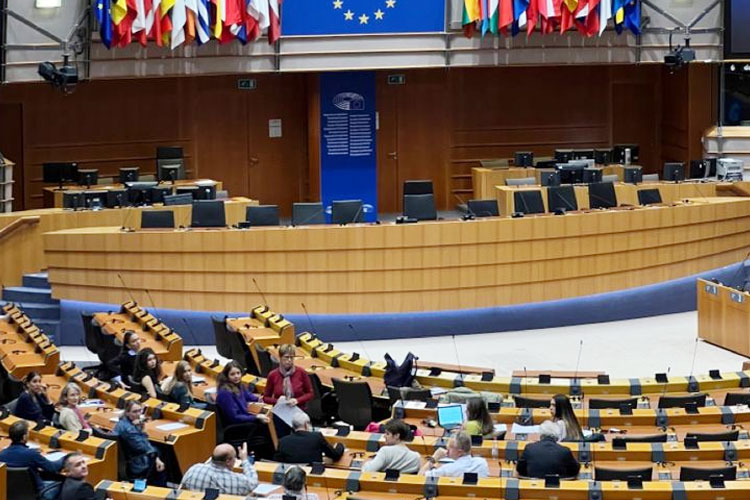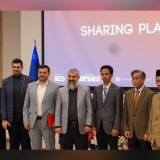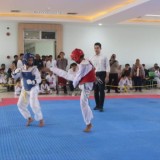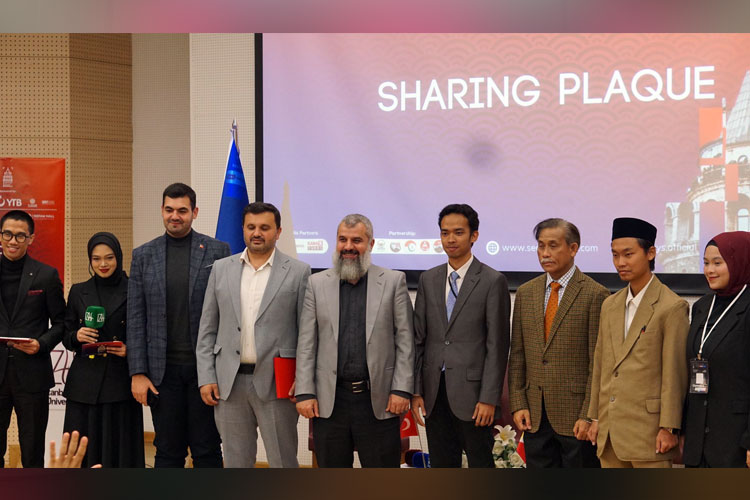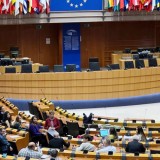TIMES JAZIRAH, JAKARTA – Cultural education is now one of the key strategies in optimizing global diplomacy, particularly in strengthening Indonesia's recognition on the international stage. This concept was thoroughly discussed by Pelajar Pancasila (Pancasila Students), who gathered to explore the role of culture in diplomacy during a seminar (20/10/2024).
Azizah Luthfi Nur Utami, a writer and Chairperson of Nasyiatul Aisyiyah Palumbungan Branch, who was the keynote speaker at the event, emphasized the importance of understanding national culture as the main foundation in interacting with global cultures.
“The key to developing global diversity is by recognizing and appreciating culture. However, this must start by delving into our own nation's culture to build a strong foundation and avoid being easily influenced by foreign cultures,” she explained.
The Importance of International Recognition through Culture
Indonesia has a rich and diverse culture, which can be a powerful diplomatic tool. Azizah pointed out that Indonesian culture needs to be introduced more on the international stage, not just as a symbol of national pride, but also as a representation of the noble values that can contribute to diplomatic relations.
"Diplomacy is not just about politics or economics, but also about how we can introduce our cultural values to the world," Azizah added.
With the increasing intensity of international interactions, Pelajar Pancasila present at the event realized that cultural education plays a strategic role in preparing Indonesia’s young generation to step onto the international stage.
Pelajar Pancasila is committed to continuously exploring and preserving local culture while remaining open to global cultures, enabling them to become effective ambassadors in the context of global diplomacy.
Culture as a Diplomatic Tool
Azizah explained that to achieve international recognition, Indonesia needs to be more proactive in promoting its national culture through various platforms, including arts, music, cuisine, and traditions that can attract global attention.
“Indonesia has tremendous potential, but the challenge is how we can introduce it in a way that is appealing and easily accepted by the global community,” she said.
At the same time, Azizah also emphasized the importance of continuous cultural education, both within and outside the school curriculum.
According to her, cultural education should be an integral part of the national education system, so that students not only learn diplomatic theory but also gain a deep understanding of Indonesian culture as a vital asset for future diplomatic duties.
Facing the Challenges of Globalization
Additionally, Azizah addressed the challenges faced by Indonesia in the era of globalization, particularly the rapid influence of foreign cultures on the younger generation. She stressed that young people need a strong filter to absorb positive aspects of foreign cultures while maintaining their own cultural identity.
“Our culture must serve as the foundation, so that we can stand tall and seize global opportunities without losing our sense of self,” she elaborated.
The Pelajar Pancasila in attendance also shared their perspectives, stating that the development of national culture is crucial for facing the challenges of globalization and serves as an important asset in international diplomacy.
“By understanding our own culture, we will be more confident when interacting with other cultures,” said one of the participants.
Optimizing global diplomacy through cultural education is a crucial step for Indonesia in gaining recognition on the international stage. Culture is not just a diplomatic tool but also an identity that must be preserved and developed. (*)
Artikel ini sebelumnya sudah tayang di TIMES Indonesia dengan judul: Pelajar Pancasila Optimizing Global Diplomacy through Cultural Education
| Writer | : |
| Editor | : Khodijah Siti |
